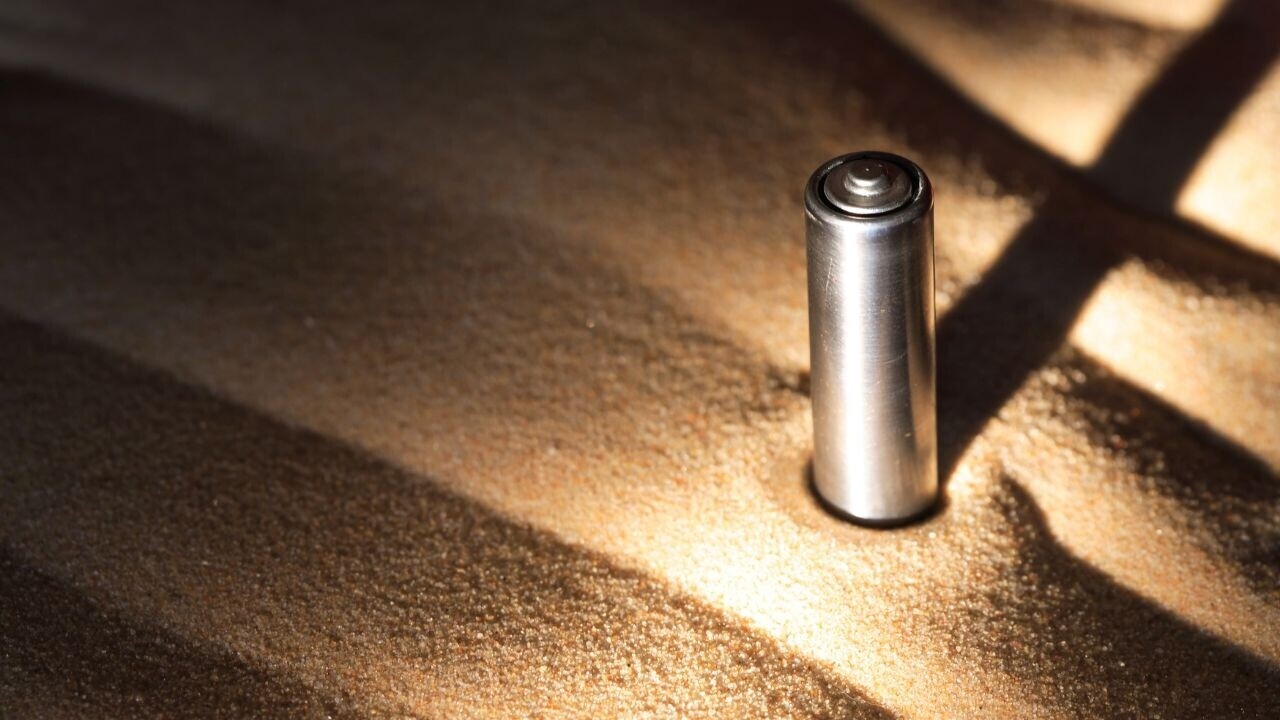
Last month, Finnish startup Polar Night Energy announced that it is building a giant sand battery capable of heating a town of 5,000 people for up to a month. That’s on a single charge.
Polar Night is constructing the sand battery for the town of Pornainen in southern Finland. The system is expected to enable the town cut all oil use in its district heating network — slashing greenhouse gas emissions by 70%.
Now, Polar Night Energy has secured a sizable €7.6mn to scale its thermal energy storage tech. The startup’s co-founder Markku Ylönen said he was “thrilled” with the raise, particularly since we are in one of history’s biggest downturns in VC funding.
“There’s been considerable interest in our work, with investors recognising our potential,” Ylönen said.
South African billionaire Jonathan Oppenheimer provided the bulk of financing. Polar Night will channel the funds into R&D, expanding its team and exploring new sites to build more sand batteries.
How does the sand battery work?
The sand battery charges up when renewable energy is in plentiful supply — like on a particular windy or sunny day. The clean electricity powers a heater that sends hot air through a series of pipes into a giant, insulated vat of sand, heating it to a toasty 600°C.
This energy can be stored for weeks or even months. When needed, the battery discharges the hot air on demand — warming water in the district heating network. This can provide heat to households, factories, and even swimming pools.
The new sand battery in Pornainen, which will take 13 months to build, is expected to stand 13 metres tall and 15 metres wide. With a power output of 100 MWh, Polar Night estimates the battery will be able to heat the whole town of Pornainen for a week in winter, or an entire month in summer, when demand is lower.
The new battery will be about 10 times bigger than a pilot plant the startup has been operating since 2022.
An alternative to lithium-ion?
The best thing about sand batteries is their simplicity. Polar Night says its system can be built using standard off-the-shelf components.
Unlike lithium-ion batteries which rely on hard-to-mine minerals, the sand battery uses dirt. Specifically, the battery in Pornainen will be filled with crushed soapstone, a byproduct of the construction industry. Polar Night says the batteries work with any sand-like material that has a high enough density.
Another advantage over lithium-ion is that sand batteries can store energy over weeks and months instead of hours. Plus their storage capacity doesn’t degrade over time.
However, unlike conventional batteries, sand batteries are only suitable for heating, not electricity production. While technically you could use the hot steam to drive a turbine and make power, this would drastically cut the overall efficiency. This system only really works in central district heating systems, which, while common in Europe, aren’t found everywhere.
Nevertheless, district heating systems still represent a huge, largely untapped market. According to the International Energy Agency (IEA), heating accounts for around half of total energy consumption. In Europe, the majority of this heat comes from burning natural gas, oil, wood chips or waste.
In Pornainen alone, the sand battery is expected to cut the use of oil for heat entirely, while reducing wood chip burning by 60%. These gains come from a system that Polar Night claims can dispense energy at a cost-competitive €10 per kilowatt-hour.
For European towns, especially ones with access to lots of renewable energy, sand batteries appear to be low-hanging fruit. If scaled, they could become a significant part of the energy storage toolbox, alongside other options like lithium-ion, gravity, hydropower, and CO2 domes.
Get the TNW newsletter
Get the most important tech news in your inbox each week.





